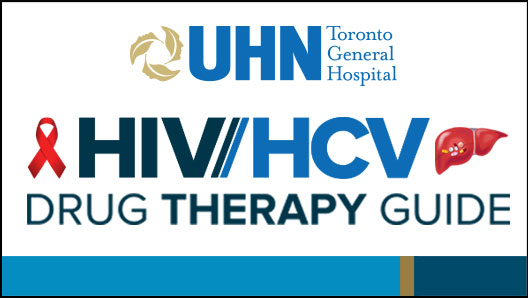Guidelines for the Resident’s Research Project
Research is defined as:
The systematic, controlled, empirical, and critical investigation of hypothetical propositions about the presumed relations among natural phenomenon (1)
Research denotes original work done in attempting to answer an identified problem or question. Although research is problem solving, not all problem solving is research. While the resident’s research need not be an original idea or issue, literature searches and department policy proposals in isolation should be considered unacceptable. However, these activities may play a part in the overall research project if the following general scientific approach is followed:
-
(i) Problem/Obstacle/Idea:
The first step should be to express the idea in some reasonable, manageable form, even if ill defined and tentative.
-
(ii) Hypothesis:
Based upon previous experiences (of the resident, department, or others in the literature), a tentative proposition about the relationship between two or more variables is formulated, i.e., “If such and such occur, then so and so result.”
-
(iii) Reasoning Deduction:
Some deductions regarding the consequences of the hypothesis formulated are made. These deductions may lead to the development of a new hypothesis, or to the realization that the problem cannot be solved in the time allotted or with tools available. Consequently, this reasoning/deduction may lead to a wider, more basic, or more significant problem.
- (iv) Observation/Test / Experiment:
If the above steps have been considered conscientiously — that is, the problem well stated, the hypothesis adequately formulated, and the implications of the hypothesis carefully deduced — putting the problem relation to an empirical test should almost be automatic. This step may involve pretesting or pilot studies, sampling, experimental procedures, data collection, measurement of variables, and statistical analysis.
- (v) Interpretation/Conclusion:
On the basis of the research evidence found, the hypothesis is either accepted or rejected. Furthermore, the data gathered should permit some conclusions to be drawn regarding the operational implications of the hypothesis. Literature searches alone, however systematically done, do not denote research. On the other hand, a complete literature search of various studies addressing a particular problem together with a thorough data analysis of those studies — for example, using techniques of meta-analysis — could be considered research. Administrative projects are not all research oriented. Administrative projects that deal with setting programs, implementing new procedures, establishing guidelines or preparing education materials would not be considered research. However, administrative projects which evaluate a process or procedure — for example, the effects of pharmacist interventions on patient outcome — would be considered research. While the scope of scientific research that may be undertaken by the Hospital Pharmacy Resident is limited by time — a minimum of 8 weeks and a maximum of 12 weeks — keep in mind that the purpose of the research project is to have the resident develop a fundamental understanding of the conventional research paradigm.
To achieve this outcome, it is suggested that the residents’ research projects focus on the following kinds of
investigations:
-
(a) Pharmaceutical Research:
May be considered “laboratory-type” research, in that it involves the basic sciences. e. g. the developing and testing of new drug dosage forms and drug preparations, new drug administration methods and systems, assay development, assessments of compatibility, stability, or sterility, etc.
-
Clinical Research:
Implies research involving normal volunteers or patients, and may be invasive or non-invasive. e.g. therapeutic characterization, evaluation, and comparison of drugs and drug treatment regimens in a particular patient population, patient outcome analysis related to pharmaceutical services or programs, evaluation of a drug’s pharmacokinetic / pharmacodynamic effects, drug interactions, etc. Data collection may occur through the use of questionnaires, patient self-evaluations, chart reviews, qualitative assessments, etc.
-
Behavioral and Socioeconomic Research:
e. g. cost-benefit analysis of specific pharmaceutical services or programs.
-
(d) Operational Research:
e. g. time-and-motion studies, evaluation of new and / or existing pharmacy programs or services.
Again, it is important to emphasize that the research project selected must be able to be completed
within the
time frame of the Hospital Pharmacy Residency Programme. Thus, it would be reasonable for a resident to only
address one specific aspect of an identified problem or question or to do a pilot research study.
References:
-
Kerlinger F. Foundations of behavioral research. New York:Holt, Rinehart
and Winston;1964:13. -
(2) American Society of Hospital Pharmacists. Practice Standards of ASHP
1988-89. Bethesda:ASHP Special Projects Division;1988:19, 31-33.


